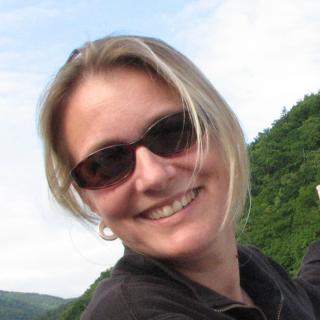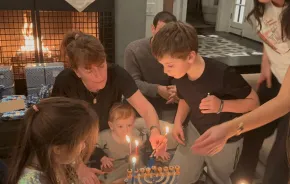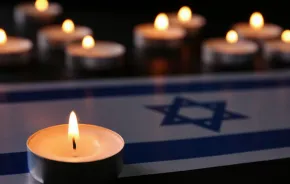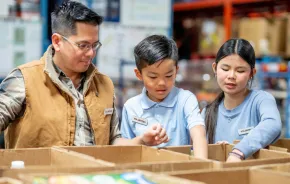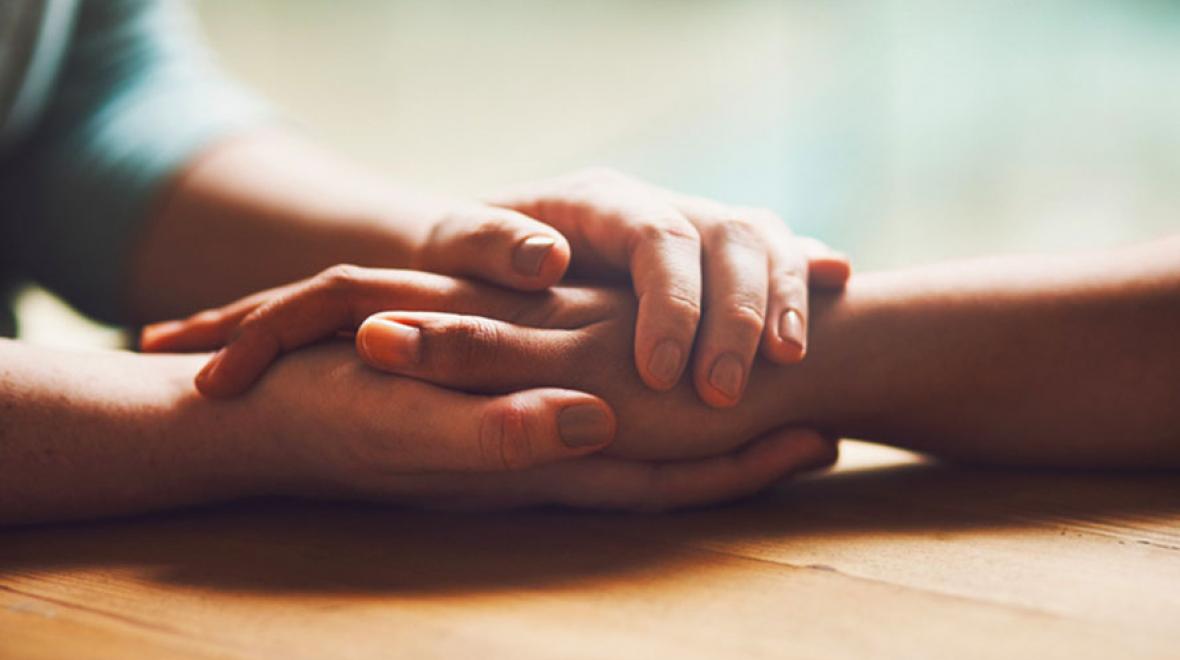
Last Thanksgiving, we celebrated with a Halal turkey and dreams of visiting Afghanistan. Our friends at the table had arrived from Afghanistan eight months earlier, in the middle of the night, clutching a beautiful 5-month-old baby girl.
The night we met
Our family hadn’t known what to expect when we signed up as a refugee host home through World Relief. In response to the nightly news, we’d had a lot of family discussions about how we could help incoming refugee families.
Bolstered by strong enthusiasm from our teenage daughters and an evening training from World Relief, we applied. Several background checks later, we were at the Seattle airport waiting for “our” Afghan family to land in America.
It was about 2 a.m. by the time we collected the trio’s bags and were heading to our car with a World Relief liaison. The challenges came unexpectedly soon. First, seat belts. Second, explaining — without the aid of a translator — that a stressed mother needed to strap her baby into a car seat.
Luckily, when we settled the little girl into her carseat, she gazed at us with big brown eyes, listened to my funny English voice and burst into an enormous wide-eyed grin.
We were off.
Akhtar sat with my husband up front. His wife, Durkhanai, and I took the baby-gazing spots in the backseat. After a few minutes, Akhtar asked, “Why are you helping us?”
The tone was not of gratitude but rather of skepticism with a note of assertive fear. He had flown his family across the globe and was now driving in the dark, in an SUV, to a house full of strangers. My husband and I had neither a clear nor a concise answer but we struggled to reassure him of our honest intentions.
Why are you helping us?
By the time we got home, the tension had passed. “Our” family asked for some green tea before disappearing into the guest room to sleep for nearly 12 straight hours.
The next day, I laid out a warm, culturally-appropriate meal, one of the several specific responsibilities of a host family, and watched World Relief staff get to work explaining to Akhtar the opportunities and challenges ahead — locating an apartment, English lessons, and job hunting.
Eventually, I slipped away with Durkhanai. We looked at a photo book of my daughters when they had been about her daughter’s age. She turned the pages with interest and then, in her native language of Pashto, expressed excitement and enthusiasm for our green backyard. At least, I think that’s what she said.
And so we went outside and gazed at the grass, the shrubs, the tall Douglas fir trees in silence. My mind was filled with questions about what she had known before arrival, what she expected.
The World Relief coordinator interrupted these thoughts to tell me that “our” family was now leaving to stay with their friend from Afghanistan until permanent housing became available. It was not the two-week hosting experience we had expected and we were, at first, very disappointed.
Becoming family
Happily, we stayed in contact. After two days, I got a text: “M’am, we went to the Goodwill market!” I could hear the words, in Akhtar’s lovely accent, ringing in my mind when, not long afterward, I was at Goodwill myself.
My experience was transformed. I scanned the giant store and realized that it was full of immigrants, speaking so many languages. Each could tell a story that I hadn’t even considered just a week earlier.
On Akhtar and Durkhanani’s first day in their permanent apartment, they invited us for a spectacular dinner of homemade bread, chicken, vegetables and fruit. The meal was served on the floor and included lessons on how to eat rice with our fingers.
We learned of the tragedy they had experienced in Afghanistan and the heartbreaking choices they had faced in migrating. We began to understand the challenges they still faced in the U.S. Dreams of a master’s degree seemed far away and although Akhtar was educated, the only jobs available to him in the U.S. required physically-demanding manual labor.
Over the next few months, we shared our own family stories at a barbecue — the family’s first! We heard more of their stories during spectacular Afghan meals that began with green tea and ended in rose-scented pudding.
What we've learned
The exchange has shifted our family’s sense of distance and eroded cultural assumptions. Now, news of conflict in Afghanistan seems close at hand. Stereotypes about Islam are even more exasperating and insulting. And the images in my own mind when I hear the word “Afghanistan” are no longer of tanks or endless sand. Instead, they’re of close-knit families, sharing pitchers of green tea on golden cushions.
My family has also gained a sense of global connectedness that appears unexpectedly and happily in day-to-day life. The Halal butcher who ordered his first Thanksgiving turkey and thawed it for me in his freezer. The Pakistani rideshare driver who listened to my story and pulled the car over in the middle of the street so he could turn and stare at me for several minutes.
“I wanted to see who would be so kind like this,” he said.
And so kindness and understanding spread, thanks to just one night and one friendship between families.




